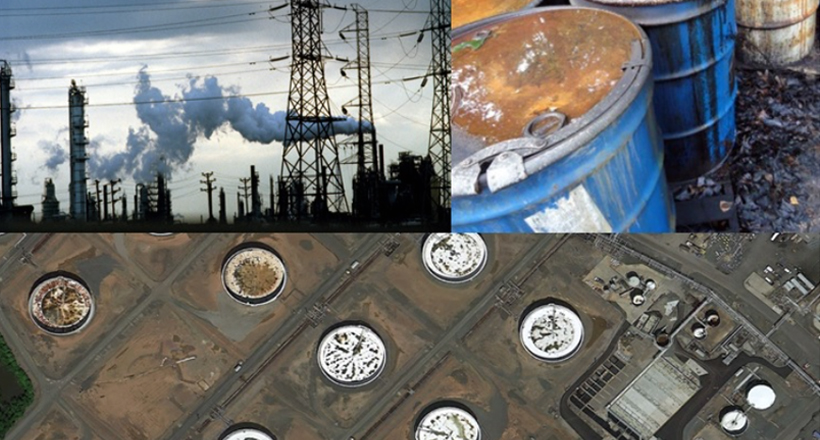
Report
Industrial Facilities and Flood Hazards
The U.S.Environmental Protection Agency (EPA) Pollution Prevention Program provided Rutgers University with a grant to use geospatial analytical tools to analyze publicly available state and federal environmental data, along with data regarding current and projected flood hazards and changing climate conditions, to inform state and federal program’s operations, local resilience planning and public awareness about potential flood hazards. Rutgers identified active industrial and commercial facilities in New Jersey that may be subject to impacts from flood hazards resulting from changing climate conditions, thus creating potential future exposures in communities where the facilities reside. The data and presentation products from the project can inform federal, state and local environmental program operations (e.g., facility inspections), raise awareness about potential flood hazards in the proximity of industrial and commercial operations, and assimilate data that is useful for enhancing resilience considerations in local hazard mitigation and land use planning processes.
The authors note that a report update is under development using the latest climate projections for New Jersey.
Using Geographic Tools to Identify Industrial and Commercial Facilities for Which Pollution Prevention Efforts May Reduce Exposure to Hazards Associated with Climate-Related Flooding
REPORT & STORYMAP
February 2017
SUBSCRIBE
Get the latest updates from the NJ Climate Change Resource Center



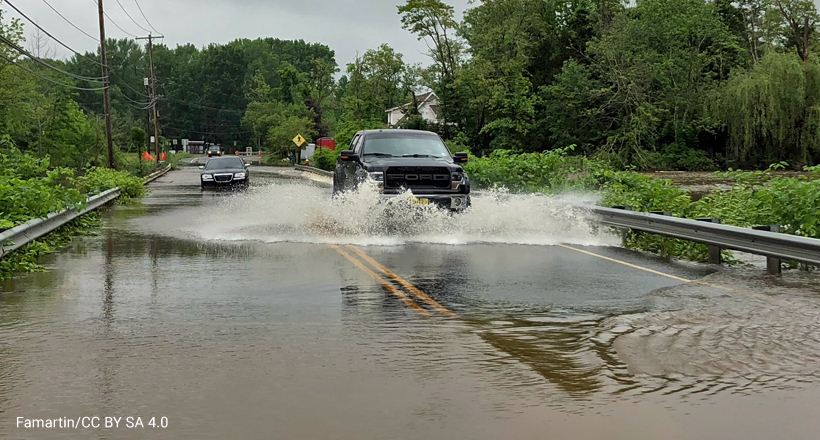
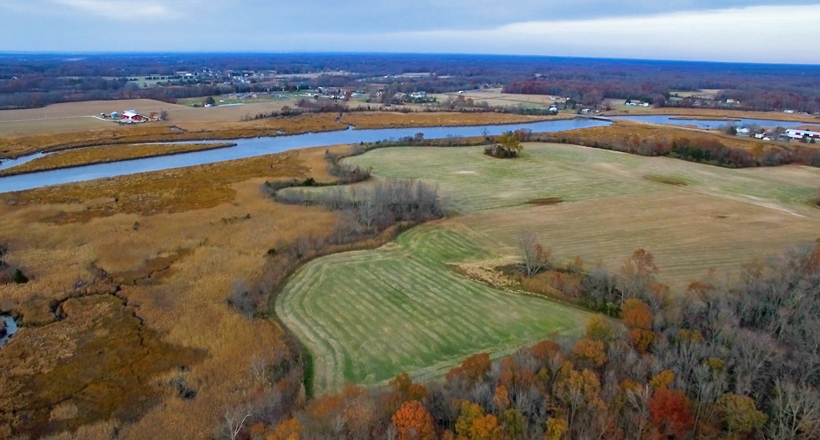

 Angel Alguera
Angel Alguera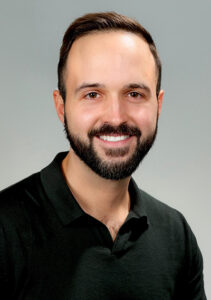 Daniel Gilkeson
Daniel Gilkeson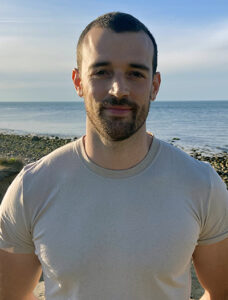 Benjamin Goldberg
Benjamin Goldberg Surya Jacob
Surya Jacob Vineesh Das Kodakkandathil
Vineesh Das Kodakkandathil Douglas Leung
Douglas Leung Nihar Mhatre
Nihar Mhatre Justin Morris
Justin Morris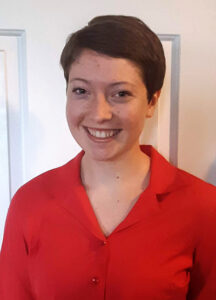 Josephine O’Grady
Josephine O’Grady Jessica Parineet
Jessica Parineet Dillan Patel
Dillan Patel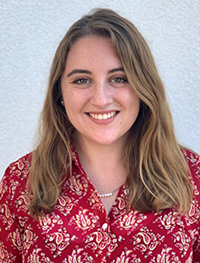 Moira Sweeder
Moira Sweeder